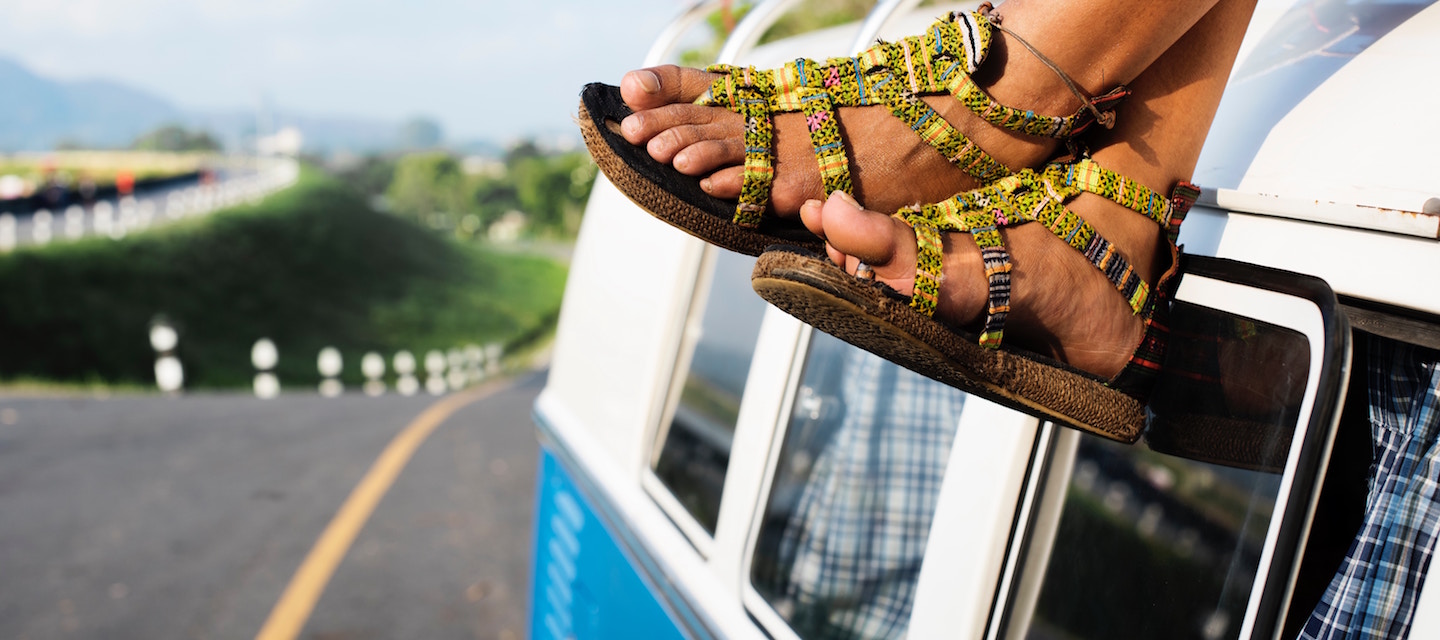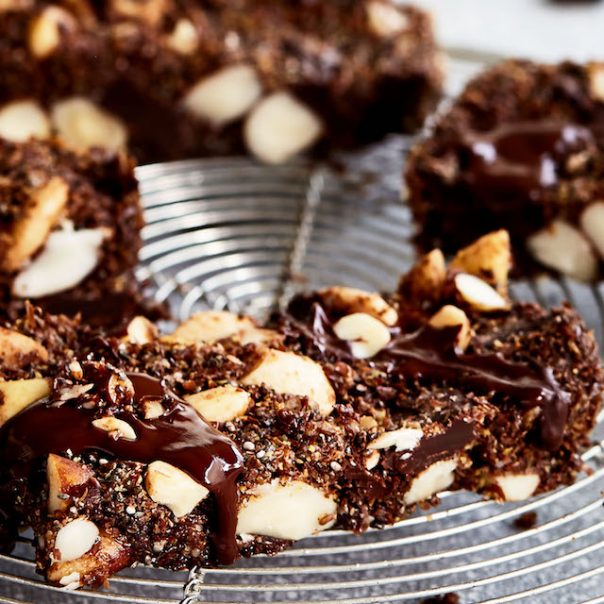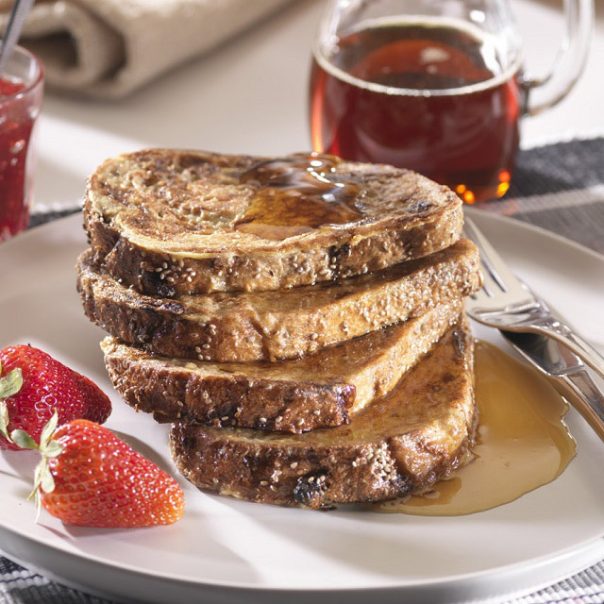Summer holiday season has arrived, and many of us cannot wait to pack up and head off in search of adventure, from the nearest coastline to out-of-state breaks and beyond.
This is a great time to reset and recharge your batteries – however, being out of our regular routines and environments can wreck a little havoc on our usual healthy habits. So, we’ve enlisted the help of leading London nutritionist Lily Soutter to share her top tips that will help you make the most of your summer travel, without falling completely off the wellness wagon.
Don’t forget high-quality snacks
Let’s face it, traveling can be exhausting. Early morning flights and broken sleep on a plane can leave us feeling groggy and craving quick fix foods. In fact, research has shown that when we have less than 7-8 hours sleep, our appetite stimulant hormone (ghrelin) increases and our appetite suppressant hormone (leptin) decreases.
What’s more, research has shown that we tend to consume 330 more calories when sleep deprived and are 30-40% more likely to choose quick-fix sweet foods, white refined carbohydrates, and salty snacks. (Ref. 1)
This physiological response to a lack of sleep primes us to grab any quick-fix foods that we otherwise may have forgone. Preparing blood sugar snacks ahead of time is key to keeping hunger at bay and energy levels stable. Think fiber and protein-rich snack bars such as Chia Co Chia Bites for a healthier sweet fix, nuts, seeds, yogurt and even fresh fruit.
Do your research
When traveling, regular mealtimes often go out the window, leaving us open to grabbing whatever we can find. Researching local supermarkets ahead of time means that you can pick up bottled water and healthy snacks ready for the days ahead.
Look for yogurt pots, hummus, crudités, fresh fruit, wholegrain crackers, seeds, and nuts.
Use your hotel fridge wisely
Once you’ve picked up your healthy snacks, you can then store them in your hotel mini bar. This can be a great deterrent from the other high salt and sugar ladened options often found in minibars.
Love your hotel breakfast
Most of us have heard the saying ‘eat breakfast like a king’, yet one-third of us regularly miss breakfast. Research has shown that breakfast eaters tend to have more balanced diets, are less likely to be overweight and lose weight more successfully if overweight.
Breakfast may also help to reduce unnecessary snacking as well as improve mental performance, concentration, and mood.
Hotel buffets are great for a ‘DIY’ breakfasts. Try:
- Eggs, grilled tomatoes, mushrooms and wholegrain toast
- Porridge
- Yogurt with fresh fruit and seeds
Eating out
Travel usually means a rapid change in diet. Our normal routine stops and some may not touch anything green for days. Food is there for enjoyment as much as it’s needed for nourishment, and while it’s vital to have a good time on holiday, for some too much eating out can take a toll on their waistline, digestion, and even energy.
At restaurants:
- Try asking for an extra portion of vegetables
- Swap heavy sauces for olive oil and a squeeze of lemon juice
- Swap rich desserts for sorbets and fresh fruit
Bring your own fiber
While eating out is fun, restaurants rarely serve enough fiber-rich foods such as wholegrains and vegetables, which can leave us with a sluggish digestion. Fiber is essential for regular bowel movements and satiety.
By packing easy to transport fiber-rich chia seeds with you, you should have peace of mind that your digestion is unlikely to suffer. Just two Chia Shots contain as much as 6g fiber and will make a tasty snack and nutritious addition to your morning breakfast.
Consider taking probiotics
It’s not only the lack of fiber which can be bothersome to digestion. Depending on the country, traveler’s diarrhea may affect as many as 5-50% and can put a huge damper on any trip. Interestingly there is more and more research to suggest that taking probiotics during the trip may be a safe and effective preventative tool. (Ref. 2)
Get inventive with herbal teas
If you struggle with jet lag, caffeine may seem like your best friend. The problem is that excess caffeine can delay the production of melatonin (Ref. 3), a key hormone involved with the sleep-wake cycle.
Instead, try green tea which has a lower caffeine content, yet is rich L-theanine, which is thought to help produce feelings of relaxed alertness and clarity. And if you struggle with sleep, try some lavender or chamomile tea which has been researched for their calming and sleep-inducing properties.
Alcohol
Cocktails are often associated with travel, but too many of these and you may find yourself over-consuming sugar and even calories.
- For a low calorie and low sugar drink, try a vodka or gin with soda water and a squeeze of lemon or lime.
- Make spritzers
- Alternate each drink with a non-alcoholic beverage
Bring your trainers
Whilst lying on the beach for weeks is seriously appealing, this sedentary lifestyle can leave us feeling sluggish and lethargic. Skip the taxi, bring your trainers and go explore! You’ll reach your 10, 000 steps whilst saving money and taking in the sites.
REFERENCES
- Burke TM, Markwald RR, McHill AW, et al. Effects of caffeine on the human circadian clock in vivo and in vitro. Science translational medicine. 2015;7(305):305ra146. doi:10.1126/scitranslmed.aac5125.
- McFarland, L. V. (2006). Meta-analysis of probiotics for the prevention of traveler’s diarrhea. Travel Medicine and Infectious Disease, 5 (2), 97-105.
- Spiegel, K., Tasali, E., Penev, P. & Cauter, E. V. (2004). Brief Communication: Sleep Curtailment in Healthy Young Men Is Associated with Decreased Leptin Levels, Elevated Ghrelin Levels, and Increased Hunger and Appetite. Annals of Internal Medicine, 141 (11), 846.


